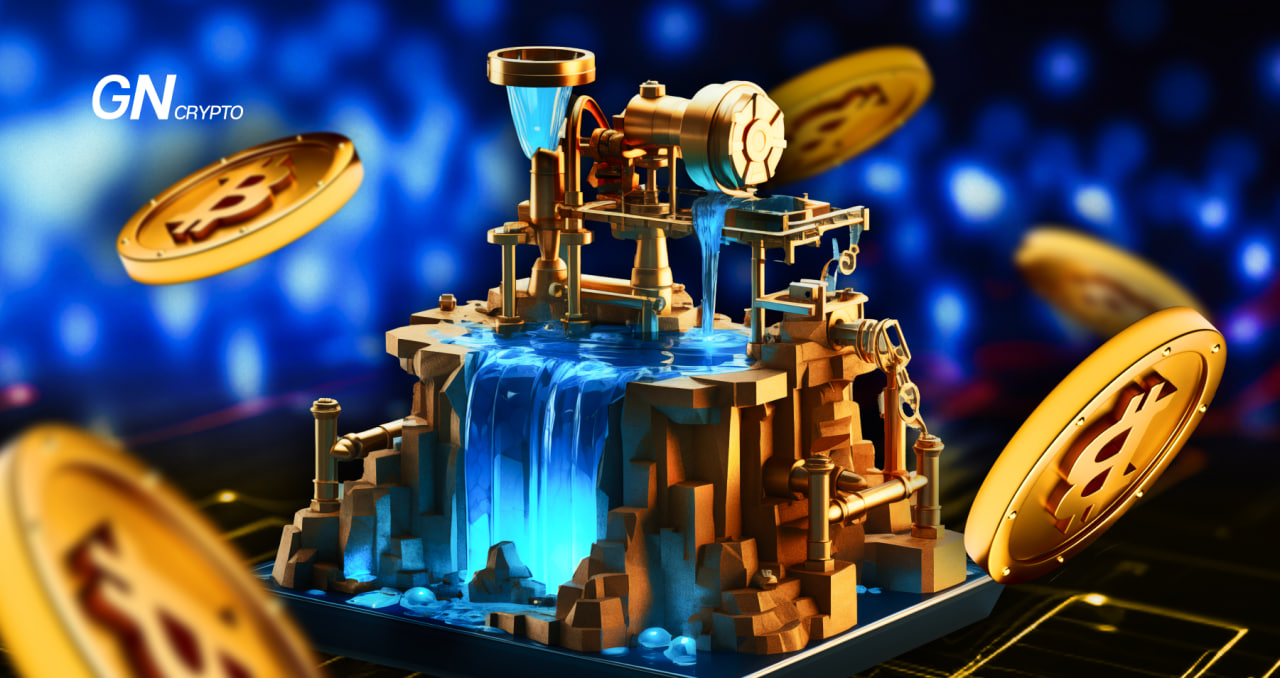Mining to Solve the Freshwater Crisis

Bitcoin mining is often lambasted for its hefty energy demands. Yet, this process could surprisingly counter the global shortfall in drinking water. American corporations are set to validate this claim by delivering fresh water to urban centers in the UAE.
Where is Water Scarcity Prevalent?
Climate specialists note a disturbing trend: a more than 15% reduction in global precipitation in recent years. Concurrently, the melting Arctic ice is swelling the volumes of the world's oceans, exacerbating the imbalance of drinkable versus saline water. The current ratio of ocean water to fresh water is alarmingly skewed at 97.5% to 2.5%. It seems the effects of global warming offer little hope in redressing this disparity.
UN statistics reveal a dire situation: one-third of the global population (2.6 billion people) currently lacks access to clean water, a crisis projected to affect nearly 6 billion people by 2050.
The Middle East and North Africa face the most severe water deficits.
In these regions, distillation is a primary method for obtaining drinkable water, particularly due to the paucity of rainfall. Some of the world's most powerful desalination plants are operational in Israel, the UAE, and Saudi Arabia. For instance, the Ras Al Khair facility in Saudi Arabia manages to transform over a million cubic meters of sea water into potable water daily. Nonetheless, this is a highly energy-intensive endeavor.
Desalination Plants Near Dubai. Source: TravelAsk
How Does Bitcoin Mining Contribute?
Mining, which itself necessitates substantial water volumes for cooling equipment, might seem to exacerbate water scarcity. However, there is a silver lining: sometimes, combining negatives can yield a positive. Every element has the potential to be both a toxin and a remedy, depending on its application.
Bitcoin mining requires a considerable amount of electrical power, which, as dictated by the Joule-Lenz Law, is converted into heat.
This generated heat can be strategically harnessed in desalination processes.
Enterprises like Zero Two in Abu Dhabi and Marathon Digital Holdings in Florida have pioneered a method that utilizes the heat from mining farms for distillation purposes. This technique aims to purify saltwater cost-effectively, by harnessing the ample solar energy available in the Middle East. The heat generated from the mining operations is directed towards desalination processes. Intriguingly, sea water can be used in cooling the mining hardware.
Beyond resource conservation, this initiative offers a financial upside: plant owners can earn a share of the mining profits.
This method proposes a fully integrated system wherein data center operators and water purification plants use the same energy sources, distributing profits according to resource consumption.
Advantages of the closed energy loop system:
- A decrease in carbon emissions;
- More efficient solar energy usage;
- A substantial reduction in resource loss;
- Additional revenue streams for all involved parties.
The technology conceptualized by Zero Two and Marathon Digital Holdings is still under development, but preliminary contracts with Middle Eastern companies interested in this collaboration have already been initiated.
Our article “Bitcoin Mining: Powering the Future of Energy” further explores how mining can bolster the sustainability of the energy sector in the long run.
The content on The Coinomist is for informational purposes only and should not be interpreted as financial advice. While we strive to provide accurate and up-to-date information, we do not guarantee the accuracy, completeness, or reliability of any content. Neither we accept liability for any errors or omissions in the information provided or for any financial losses incurred as a result of relying on this information. Actions based on this content are at your own risk. Always do your own research and consult a professional. See our Terms, Privacy Policy, and Disclaimers for more details.



























